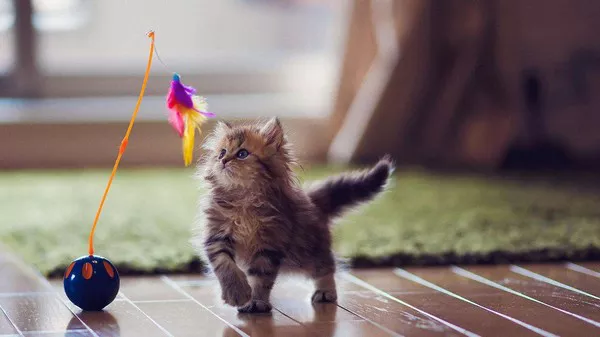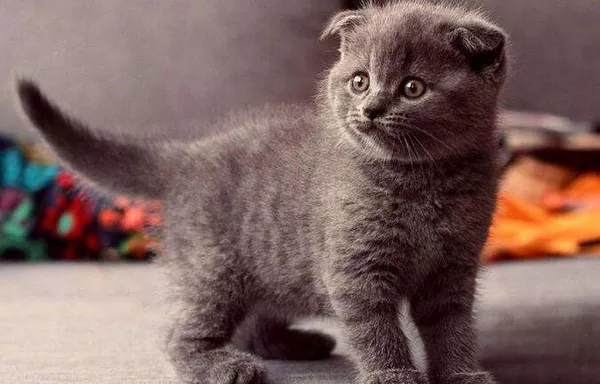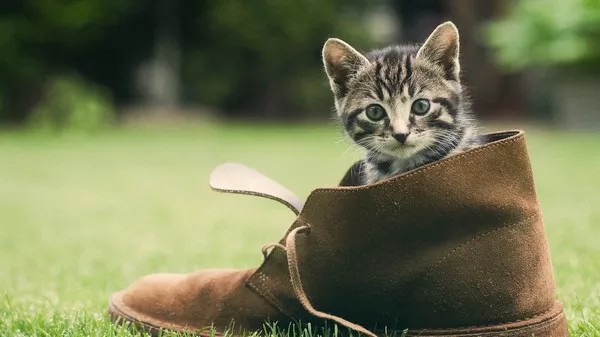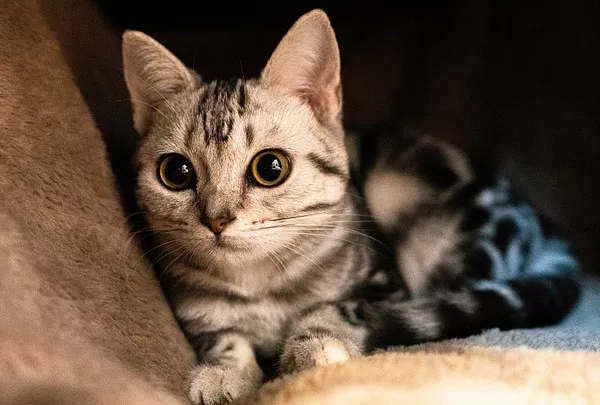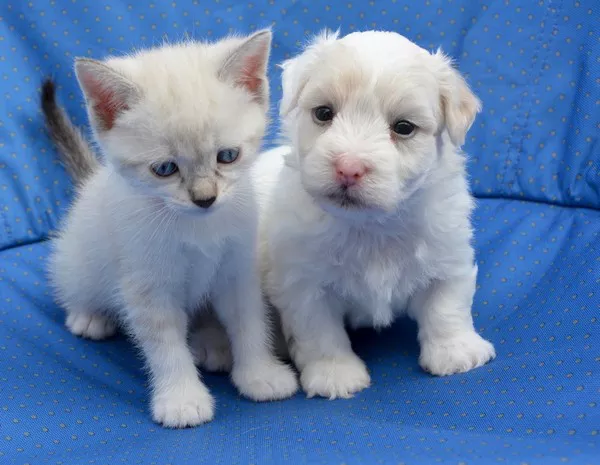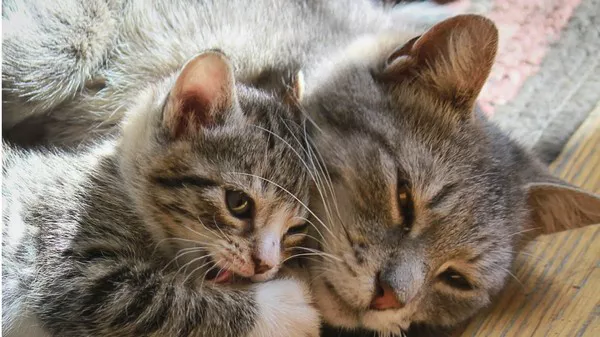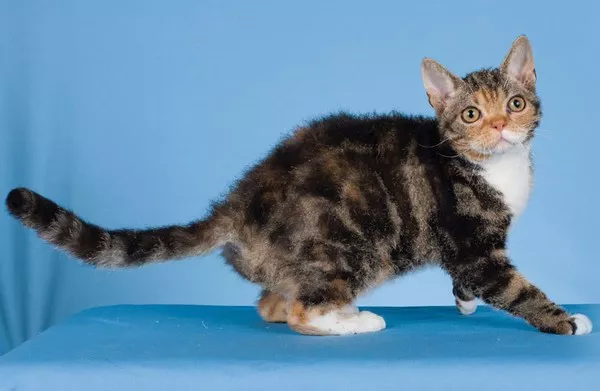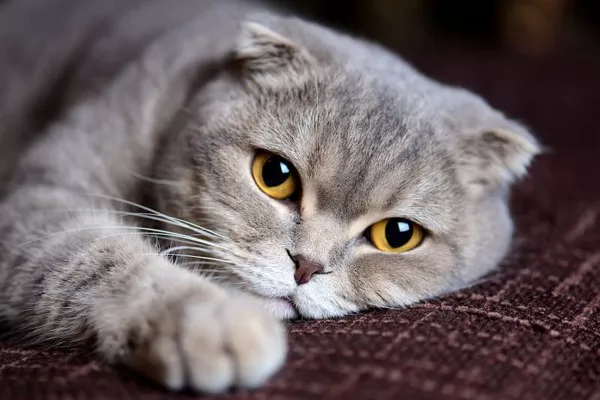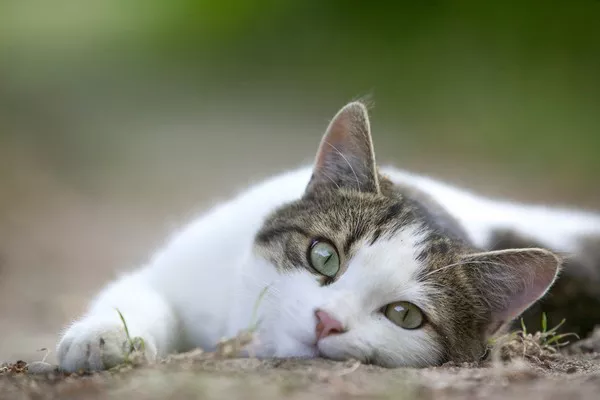Abyssinian cats are known for their playful and curious personalities, as well as their unique and striking appearance. These beautiful felines require a well-balanced and nutritious diet in order to maintain their health and vitality. In this article, we will explore what Abyssinian cats eat, and some tips for ensuring that they receive the nutrition they need.
First and foremost, it is important to understand that Abyssinian cats are obligate carnivores, which means that they require a diet rich in animal protein in order to thrive. In the wild, cats are predators, and their bodies have evolved to require specific nutrients that are only found in animal-based foods.
The best diet for an Abyssinian cat is one that is high in protein, moderate in fat, and low in carbohydrates. This means that their diet should consist primarily of meat-based proteins, with only small amounts of carbohydrates from fruits and vegetables.
Some good sources of protein for Abyssinian cats include:
- Chicken
- Turkey
- Beef
- Lamb
- Fish (such as salmon, tuna, or sardines)
It is important to note that some cats may have allergies or sensitivities to certain types of protein, so it may be necessary to experiment with different protein sources to find what works best for your cat.
In addition to protein, Abyssinian cats also require certain vitamins and minerals in their diet. Some key nutrients to look for in cat food include:
- Vitamin A, which is important for vision and immune function
- Vitamin D, which helps with calcium absorption and bone health
- Taurine, an amino acid that is essential for heart health
- Omega-3 and omega-6 fatty acids, which are important for skin and coat health
One way to ensure that your Abyssinian cat is getting all of the necessary nutrients in their diet is to feed them a high-quality, commercial cat food. Look for brands that list real meat as the first ingredient, and avoid foods that are high in fillers or artificial preservatives.
In addition to commercial cat food, some owners may choose to supplement their Abyssinian’s diet with fresh or cooked meats, such as chicken or beef. It is important to make sure that any meats are cooked thoroughly to avoid the risk of bacterial contamination.
Another important consideration when it comes to feeding Abyssinian cats is portion size. Cats are prone to overeating, which can lead to obesity and other health problems. It is important to follow the recommended feeding guidelines on your cat food packaging, and to monitor your cat’s weight and body condition regularly.
In conclusion, Abyssinian cats require a diet that is high in animal-based protein, moderate in fat, and low in carbohydrates. Feeding a high-quality commercial cat food, supplemented with fresh or cooked meats, can provide all of the necessary nutrients for a healthy and happy cat. Paying attention to portion sizes and monitoring your cat’s weight and body condition can also help to ensure that they stay in good health. By providing your Abyssinian cat with a nutritious and balanced diet, you can help them to live a long and healthy life.


